Are menopause supplements any good?
Let’s start by laying down the basic information – menopause happens to half the population of the entire world. Just in the UK alone it is estimated that there are around 13 million women who are perimenopausal or menopausal – that is a third of the whole female population. It’s no wonder there are so many menopause supplements available, supplement companies would be mad to forget about this demographic… but do they actually work?
Firstly, it's essential to understand that menopause is not a one-size-fits-all experience. The intensity and nature of symptoms vary widely among women, making personalised care crucial. This is where menopause supplements come into play, offering a range of options tailored to individual needs – what works for one person may not work for another. However, with the vast array of products on the market, it becomes vital to discern which supplements are backed by scientific research and can genuinely offer relief.
Several supplements have gained popularity for their potential to alleviate menopause symptoms, with some having a foundation in scientific research. For instance, isoflavones, compounds found in soy products, have been studied for their oestrogen-like effects, potentially easing hot flashes and night sweats. In fact, some Asian cultures, such as Japan, where soy is a daily dietary staple, experience far less menopause symptoms such as hot flushes, night sweats and insomnia.
While the potential benefits are promising, it's crucial to approach menopause supplements with caution. The quality and composition of supplements can vary significantly, and not all products are created equal. It's essential to choose supplements that are independently tested and verified for purity and potency. Furthermore, consulting with a healthcare professional before starting any new supplement regimen is paramount, especially to avoid interactions with existing medications or conditions.
Furthermore, the dosage is key. Let’s take soy isoflavones and hot flushes again – a meta-analysis found that a dose of 54mg significantly reduced the frequency of hot flashes by 20.6% and the severity improved by 26.2% compared to placebo. A ‘menopause multinutrient’ may only include 15mg of soy isoflavones alongside 20 other ‘menopause nutrients’, which begs the question, is it really going to have the intended positive effect?
Less is more sometimes, and it may be much more beneficial for some people to forget about the supplement full to the brim with 20 different ingredients, and instead focus on really getting enough of the essential nutrients their body needs, through food or singular supplements, for example a Vitamin D supplement. As stated earlier, everyone’s menopause experience and symptoms are different, so if one person is experiencing crippling anxiety, whereas another person has joint pain, the same supplement may not work for both of them.
Beyond supplements, embracing a holistic approach to menopause management can enhance your quality of life during this phase. A balanced diet rich in fruits, vegetables, whole grains, and lean proteins can provide essential nutrients and support overall health. Regular physical activity, stress-reduction techniques such as mindfulness or yoga, and adequate sleep are also key components of a comprehensive menopause wellness strategy. Finally, reducing those inflammatory foods and drinks such as alcohol and sugar can really help ease symptoms and make the process much smoother.
Menopause supplements can offer benefits, but their effectiveness is highly individual and should be part of a broader, personalized health strategy. By choosing high-quality supplements, focusing on overall wellness, and consulting with healthcare professionals, you can navigate menopause with grace and strength. Remember, this journey is uniquely yours, and with the right support and knowledge, you can thrive during this transformative time.
If you're exploring the role of supplements in managing menopause symptoms or seeking a holistic approach to this natural transition, I invite you to get in touch. Together, we can craft a path that celebrates your health and wellbeing during menopause and beyond.



